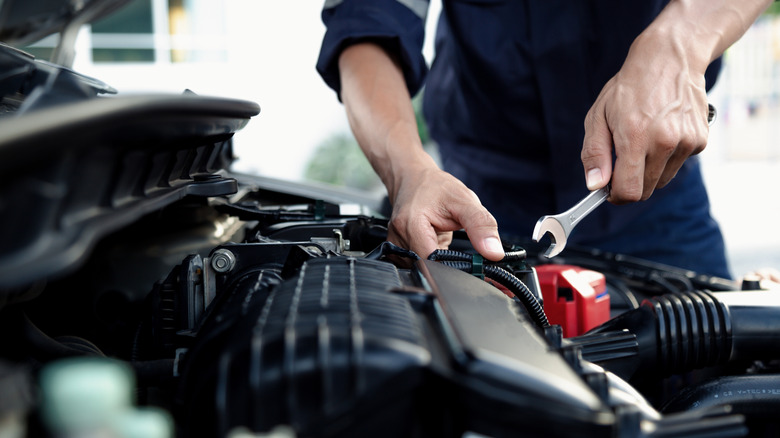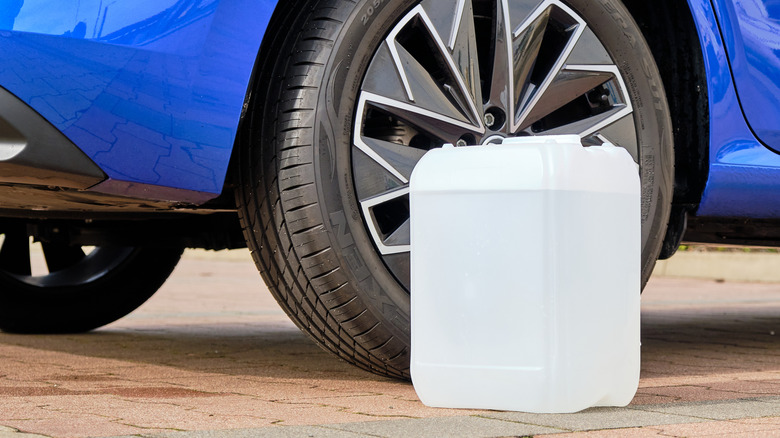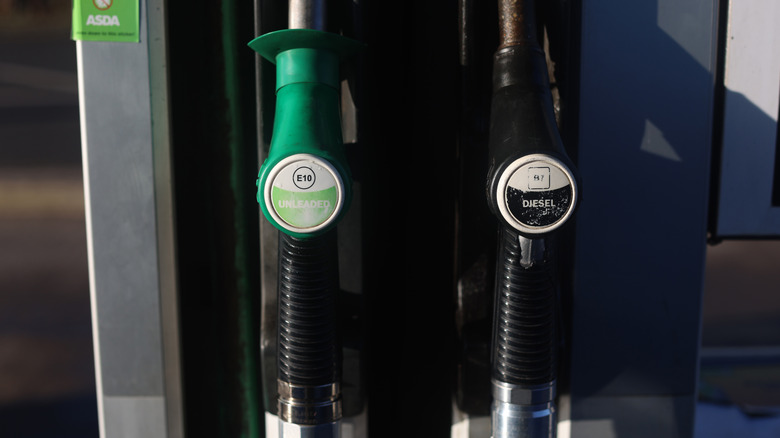As a diesel owner, I know the hectic heartbreak of trying to keep such an unpopular drivetrain up and running in the U.S. Most people think of big semi trucks when they think of diesel, or they think of the sad, unreliable diesel cars that invaded America during the ’70s gas crisis, with their loud engines and stinky exhaust.
Modern diesel-enthusiasts know that the products stateside have improved in leaps and bounds since then. There’s plenty of decent diesel-powered personal vehicles on the road now, mostly in the form of torque-happy pickup trucks. And who doesn’t love those? If you’ve recently taken the plunge and now head to the black-handled gas pump instead of the green, you might be wondering what you need to do differently to keep your diesel happy and on the road for years to come. The good news is; diesel engines might be a tad more expensive and slightly harder to service, but they make up for it in longevity and great fuel mileage if you treat them right.
Some of the same rules apply
The longevity of diesel engines can be tied to the very different ways gas and diesel engines convert their fuels into energy. While gas powered internal combustion engines harness mini explosions via a spark plug to make the car go, diesel engines mix fuel with super-compressed air, igniting the fuel via compression. The rest is quite similar to a gas engine: there’s a power stroke followed by an exhaust stroke and momentum is achieved.
So, you may not be surprised to learn that a lot of common-sense car maintenance rules apply to diesel engines as well as gas. Oil changes, filter swaps, and tire rotations every few thousand miles will keep your diesel chugging along easily into the 200,000-mile mark. Keep in mind diesel engines use different weights of engine oil and different oil filters than a gasoline car, so you will have to check your manufacturer specs if doing the oil change yourself.
You may have to special order an oil filter through your local parts supplier. A lot of those 15-minute quick oil change places simply don’t have the materials needed to change out diesel engine oil. It’s a better bet to do the oil change yourself or take it into a proper dealership (and pay proper dealership prices) to make sure the change is done the right way.
You def need to add DEF
Diesel engines need a special sauce to keep their emissions from being too nasty: DEF, or diesel exhaust fluid. It’s a mix of deionized water and urea. Deionized water is water that has had the ions removed (go figure), while urea is a compound found in the waste of mammals and fish, as well as the waste product of fertilizer production.
The fluid is injected into the exhaust system which causes a process called Selective Catalytic Reduction. It breaks down the pollution nitrogen oxides to water and tiny amounts of carbon dioxide, releasing almost no nitrogen oxides in newer models. DEF basically acts as your diesel’s catalytic converter, but it needs to be topped off every now and then. Most modern diesels won’t even start without DEF in the tank, so it’s a good idea to heed your on-board computer’s low DEF warnings. It can be found in any auto parts store or even in the automotive aisle at some of the better-stocked big box grocery stores.
Don’t ever use gas!
This is the nightmare of any diesel owner; it’s imperative that you use the right fuel in your vehicle. All the warning labels, vocal demonstration, and threats to life and limb can’t keep a thoughtless decision from occurring, especially if you have to lend your baby out to a gas-guzzling buddy.
The best thing to do in this scenario is have your vehicle towed to a trusted shop before you start it up. That way the fuel tank can be dropped and drained, before the offending gasoline can make its way into your compression chambers. Due to the different combustion types you should know pretty quickly. Gasoline also provides less lubrication to the pistons, resulting in a rough running engine, stalls, and strange smoke coming from the exhaust, before it finally, you know, stops.
All of these are signs you need to get your diesel vehicle into a service anyway. Once gas is in the engine, the repair becomes a much bigger headache. Actually driving with gas in your engine can seriously damage important and expensive-to-replace components like fuel injectors and cylinder walls and pistons. The only way to repair the engine at this point is to flush the whole system and clean the fuel injectors.






